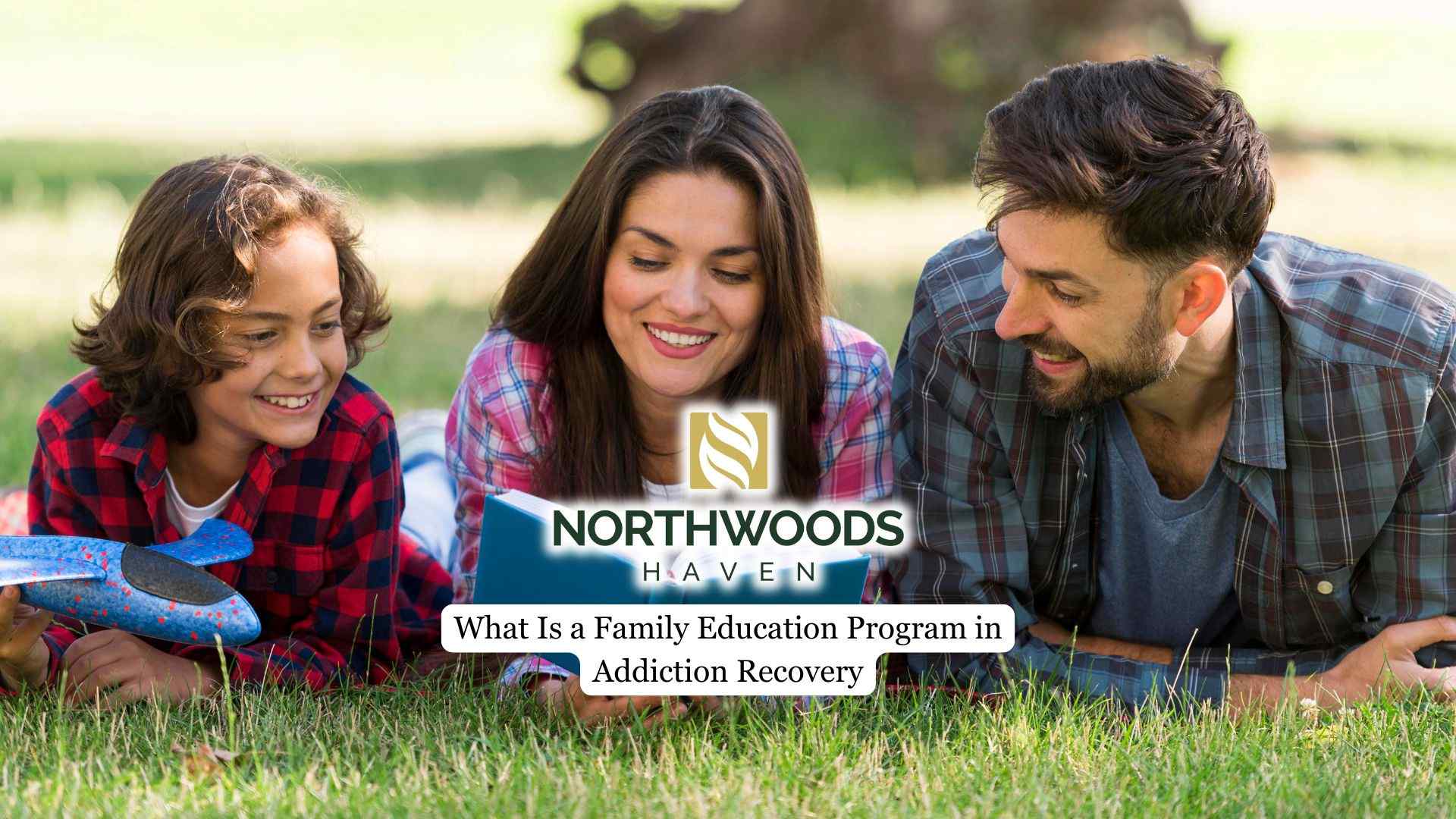Family education programs are an essential component of addiction recovery, providing support and guidance to the loved ones of individuals struggling with substance abuse.
Through structured interventions these programs aim to educate family members about the nature of addiction, its impact on family dynamics, and effective strategies for supporting recovery. They help families develop empathy, set healthy boundaries, and improve communication skills.
Understanding the Role of Family in Addiction Recovery
When a loved one struggles with addiction, family members play a crucial role in their recovery journey. Family education programs in addiction recovery equip you with the knowledge and skills needed to support your loved one effectively.
By understanding addiction as a chronic brain disease, you can develop empathy and reduce stigma surrounding the condition. These programs also help you recognize the impact of addiction on family dynamics, fostering a compassionate approach to recovery.
Through open communication and emotional expression, you can create a supportive environment that encourages your loved one’s progress. On top of all, by learning to set healthy boundaries and avoid enabling behaviors, you contribute to a structured support system that promotes sustained recovery and improves treatment outcomes for your loved one.
Key Components of Effective Family Education Programs
Effective family education programs in addiction recovery include several essential components that collaborate to support the individual in treatment and their family members.
These programs usually provide comprehensive education about addiction as a chronic disease, helping families understand its impact on brain function and behavior. They also concentrate on developing essential communication skills, teaching families how to engage in open, honest, and non-judgmental dialogue.
Setting and maintaining healthy boundaries is another crucial element, as it helps create a supportive environment while preventing enabling behaviors.
Many programs cover relapse prevention strategies, equipping families with the knowledge to recognize warning signs and intervene effectively. These programs also often address the importance of self-care for family members, providing resources and coping strategies to prevent burnout.
Benefits of Participating in a Family Education Program
You’ll gain a deeper understanding of addiction, fostering compassion and support for your loved one. Family education equips you with effective communication and coping strategies, reducing conflict and enabling behaviors that may hinder recovery.
You’ll discover resources for self-care, preventing burnout and ensuring you’re emotionally prepared to provide support. By setting realistic expectations about recovery challenges, you’ll contribute to improved treatment outcomes.
Family involvement in the recovery process strongly correlates with better long-term success rates. Ultimately, participating in a Family Education Program empowers you to create a supportive environment that enhances your loved one’s chances of sustained recovery.

Overcoming Challenges and Barriers to Family Involvement
Fear of judgment and stigma can discourage open communication, while misunderstandings about addiction as a moral failing rather than a chronic disease create barriers to engagement.
Emotional distress, like anxiety and guilt, may lead to resistance or withdrawal from family education.
Struggles with enabling behaviors and codependency make setting boundaries difficult.
Lack of awareness about the importance of family education in recovery can result in insufficient participation.
To overcome these obstacles, it’s crucial to address stigma, provide emotional support, and emphasize the value of family involvement.
Long-Term Impact of Family Education
Family education plays a crucial role in reducing relapse rates and improving treatment outcomes by fostering a unified support system that comprehends the obstacles faced during recovery.
It also contributes to the development of healthier family dynamics, characterized by enhanced communication and the implementation of suitable boundaries, which can effectively disrupt the cycle of addiction within families.
As a plus, family education programs help to diminish stigma and cultivate empathy, alleviating feelings of isolation and shame experienced by individuals in recovery.
The continuous nature of family education ensures that families persistently adapt and grow together, reinforcing their resilience against setbacks and strengthening their capacity to provide long-term support.
Final Thoughts from Northwoods Haven Recovery
By recognizing addiction as an illness and cultivating healthy communication habits and supportive boundaries, families can play a crucial role in promoting long-term sobriety and well-being.
At Northwood Haven in Minneapolis, MN, we understand the essential role that family plays in the recovery journey. Our outpatient program includes extensive family education to support you and your loved ones in healing together. We provide a secure and nurturing space where families can gain knowledge about addiction, acquire coping techniques, and fortify their relationships.



